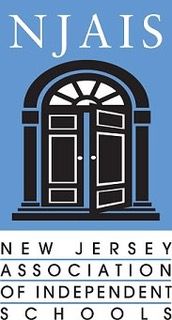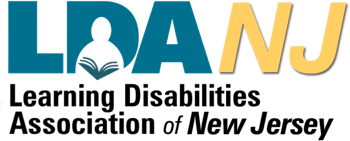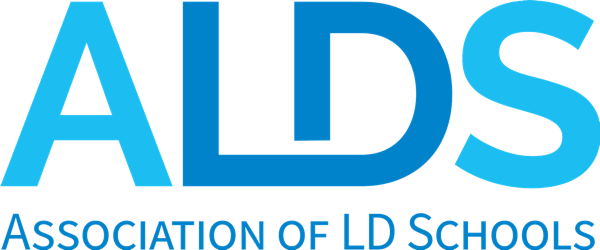Specific Learning Disability means a disorder in one or more of the basic psychological processes involved in understanding or in using language, spoken or written, that may manifest itself in the imperfect ability to listen, think, speak, read, write, spell or do mathematical calculations, including conditions such as perceptual disabilities, brain injury, minimal brain dysfunction, dyslexia, and developmental aphasia. Specific learning disability does not include learning problems that are primarily the result of: visual, hearing, or motor disabilities; intellectual disability; serious emotional disability; cultural factors; environmental or economic disadvantage; or limited English proficiency (U.S. Department of Education, IDEA Sec. 300.8 (c) (10)).
Here are ways to support students with specific learning disabilities:
References
Flink, D. (2014). Thinking differently: An inspiring guide for parents of children with learning disabilities. New York, NY: William Morrow, an imprint of HarperCollins.
Reid, R. C., Lienemann, T. O., & Hagaman, J. L. (2013). Strategy instruction for students with learning disabilities. New York: The Guilford Press.
For more information on ways of giving or to make a donation online you can clicking here.





